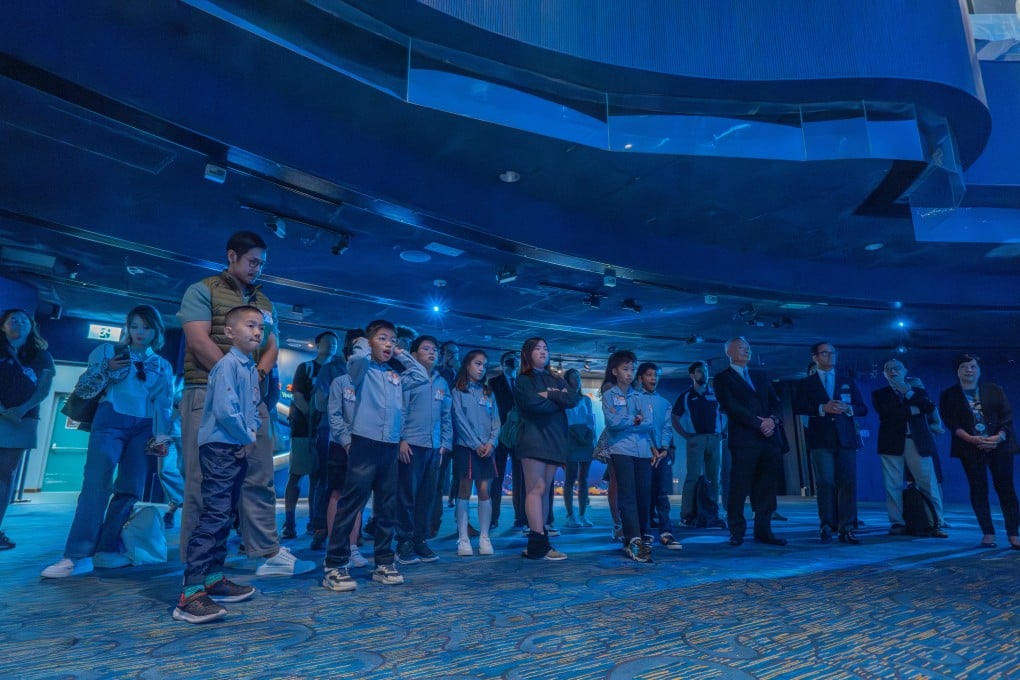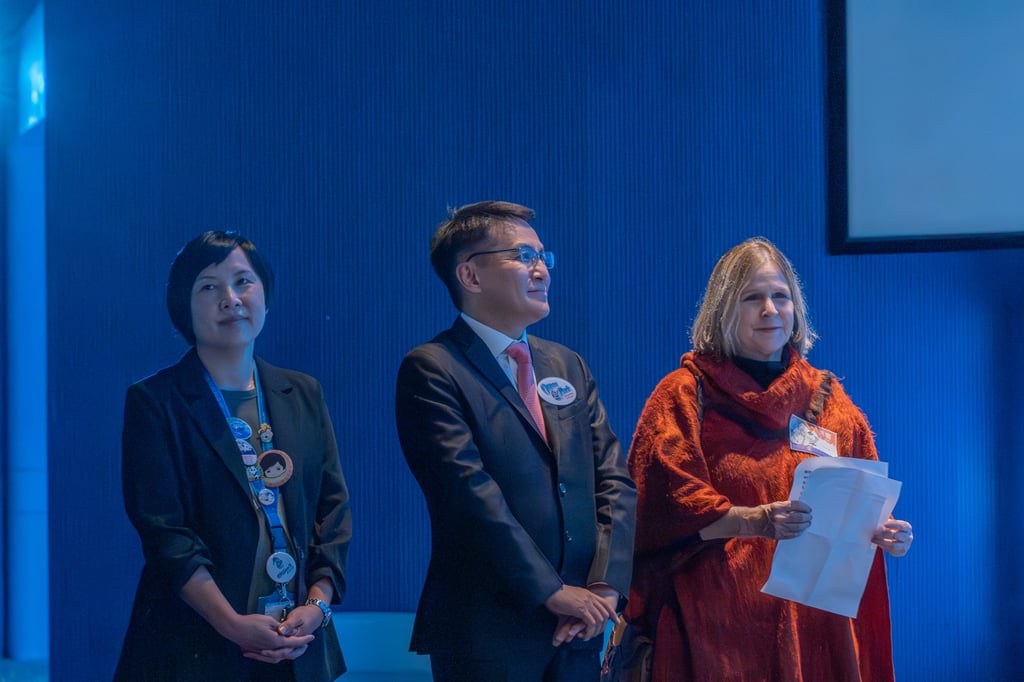Collaborating for conservation
- As governments and organisations globally prioritise sustainability, schools are taking the initiative to bring on board young stakeholders
- When students understand that they’re agents of change, they can turn from passive observers or learners into active participants in environmental initiatives

In an era of unprecedented environmental challenges, the concept of sustainability has assumed increasing importance as governments and organisations around the world look to prioritise positive developments that can help shape a better future for our planet. It is important to bring on board all stakeholders, in particular the young, who must live with the consequences of actions taken today.
It is for this reason that The Harbour School Hong Kong (THS) and Ocean Park recently joined hands and signed a memorandum of understanding to work together to promote marine science, ocean conservation and sustainable development to young pupils.
“We wanted to work together to innovate and collaborate on new ideas and projects, and bring Hong Kong to the forefront of marine conservation education, as well as support sustainable development,” said Dr Jadis Blurton, THS co-founder and head of school.
Through this collaboration, THS students will receive the invaluable opportunity to learn from Ocean Park professionals, gaining access to its facilities and school of actuaries and educators. Ocean Park will also assist THS with its conservation efforts. In return, the school will help Ocean Park with its own initiatives.
Blurton said the partnership is a match made in heaven, and that her school and the theme park adhere to similar values and belief when it comes to hands-on experiential learning.

“Ocean Park and The Harbour School share very similar missions and values – and even an approach to pedagogy. We both believe that the best way to learn something is to experience it, and the best way to learn to love the ocean is to experience it and be exposed to it,” she said.